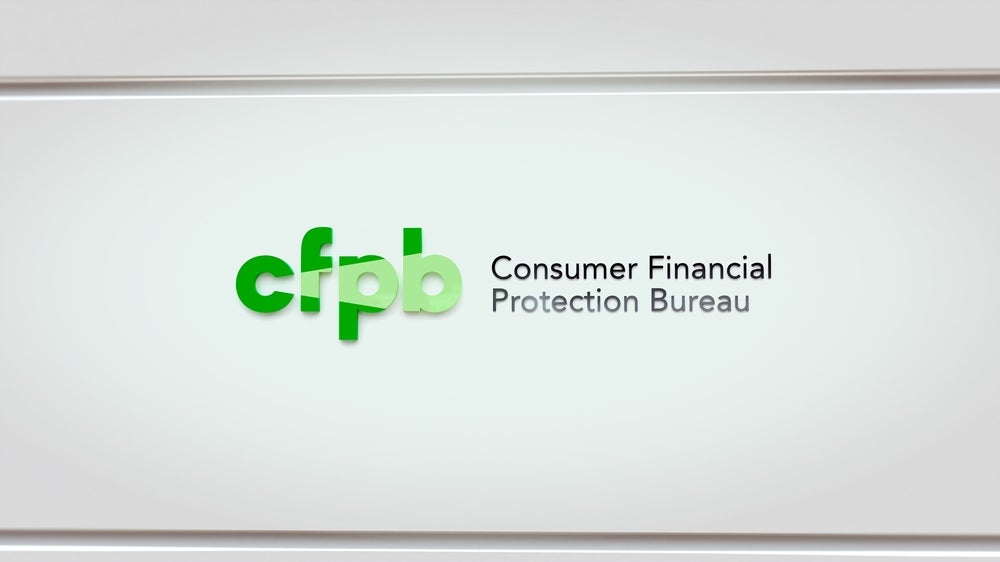
The Consumer Financial Protection Bureau (CFPB) proposes to block banks from one potential source of new junk fee revenue. Specifically, fees on transactions declined right at the swipe, tap, or click. The proposed rule would prohibit non-sufficient funds fees on transactions that financial institutions decline in real time. These types of transactions include declined debit card purchases and ATM withdrawals. They also cover some declined peer-to-peer payments. The CFPB’s proposal is part of the agency’s proactive approach to protect consumers.
“Over the years, large banks and their consultants have concocted new junk fees for fake services that cost almost nothing to deliver,” said CFPB Director Rohit Chopra. “Banks should be competing to provide better products at lower costs. Not innovating to impose extra fees for no value. The CFPB will continue to rid the market of junk fees and prevent new junk fees from emerging”

Access deeper industry intelligence
Experience unmatched clarity with a single platform that combines unique data, AI, and human expertise.
New rule to apply to banks, credit unions, and certain peer-to-peer payment companies
When a consumer tries to make a payment, but does not have enough money in their account, generally one of two things happens. One outcome is overdraft. the financial institution extends credit to cover the difference and permits the transaction to go through. Generally, the institution charges a fee for the overdraft loan.
The other outcome is that the financial institution simply declines the transaction for insufficient funds. Generally, the institution only charges a fee for insufficient funds transactions that are processed and then declined. In other words, cheques or electronic authorisations, like Automated Clearing House transactions.
Financial institutions almost never charge fees for transactions that are declined in real time at the swipe, tap, or click. So, a $100 grocery purchase by debit card may be declined in real time because the account only has $90. These types of transactions are not processed like Automated Clearing House transactions, and are generally not assessed fees.
The CFPB is taking proactive steps to ensure that financial institutions do not impose these fees. Such fees can occur for a host of reasons that are out of the consumer’s control. Specifically, as technology advances, financial institutions may be able to decline more transactions right at the swipe, tap, or click. These transactions include ATM, debit or prepaid card, online transfer, in-person bank teller, and certain person-to-person transactions.

US Tariffs are shifting - will you react or anticipate?
Don’t let policy changes catch you off guard. Stay proactive with real-time data and expert analysis.
By GlobalDataProposed rule and the CFPB’s junk fee efforts
The CFPB says that banks have previously increased fees when technology provided an opportunity. Overdraft fees are referenced as a prime example. Earlier this month the CFPB proposed a rule to close the overdraft loophole that had allowed banks to capitalise on technological changes and charge consumers billions of dollars in overdraft fees every year.
This rule would consider fees for transactions declined in real time to be unlawful under the Consumer Financial Protection Act.
It is also one part of the CFPB’s multi-front work on protecting consumers from unlawful NSF and other junk fees. In early 2022, the CFPB launched an initiative to scrutinize junk fees. Following the CFPB’s junk fee work, many banks and other financial institutions have reduced or eliminated excessive NSF fees. The CFPB expects consumers to save $2bn annually from these changes.
The CFPB has also taken more direct action against unlawful NSF fees. In July 2023, the CFPB ordered Bank of America to pay more than $100m for, among other unlawful behaviour, double-dipping on NSF fees. Also in 2023, the CFPB’s supervisory work resulted in financial institutions returning $120m in illegal overdraft and NSF fees to consumers.







